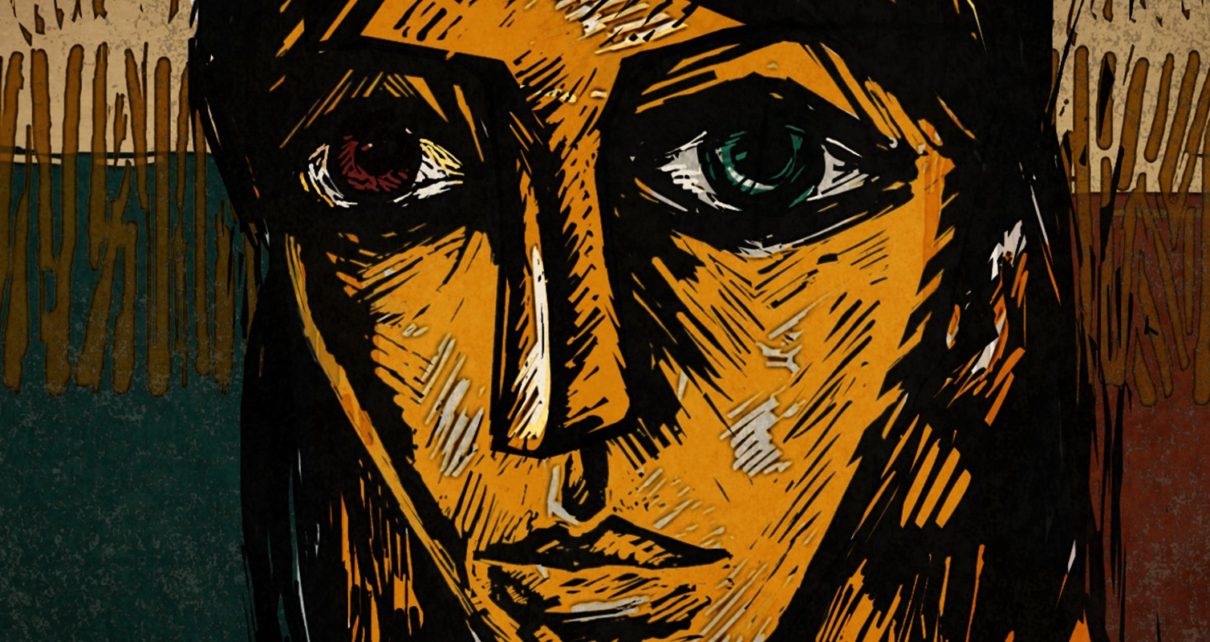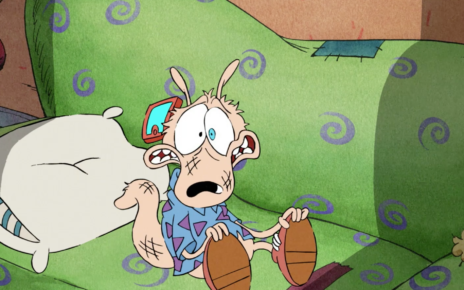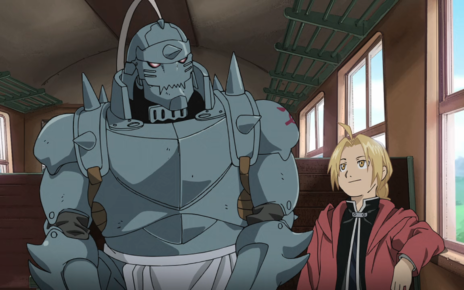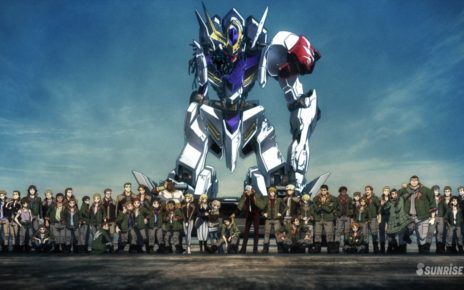The world is a mess right now. Looking at Twitter, or the homepage of any news site, usually makes me want to throw things against the walls of my apartment. I’m reading more dystopian fiction than usual, and art that once offered solace now frightens me. Everyone is trying to figure out what to do, and where to go from here.
I’ve watched Blind Vaysha, an Oscar-nominated animated short film (which lost to Pixar’s Piper), a few times in the past week. In only 8 minutes, the film offers a dark, yet optimistic, message about the dangers of not living in the present moment. It was released in 2016—before the Brexit vote, and before Donald Trump was elected president, yet it’s eerily relevant to our current state of affairs.
Written and directed by the Bulgarian artist Theodore Ushev, and based on a story by Georgi Gospodinov, the film follows a girl named Vaysha who is born with one eye that can only see the past and one eye that can only see the future. Her condition is a major impediment to her life. She sees everything in a split vision: people, the daylight, her home. She also sees dark visions of the future: people in gas masks, people with guns, a war. She can’t live in the present, and she is unhappy.
It’s worth noting that the short film is visually striking. Ushev, who is based in Montreal, drew the illustrations for the film in a linocut-style on a Wacom Cintiq tablet. The colors were animated individually. The end result looks like wood carvings that are alive. It’s a style that Ushev used in his previous films, including The Man Who Waited and Gloria Victoria. A song by Bulgarian composer and musician Kottarashky, which blends several different sounds, complements Vaysha’s split vision.
At the end of Blind Vaysha, actress Caroline Dhavernas, who narrates the film, asks the audience to take turns closing each eye and imagine the film as either a blank page or dust and ashes. In other words, the film before it’s written and the film after evidence of it no longer exists—which is hard to imagine with the Internet. “Do we look at the world through the eyes of Vaysha the blind?” Dhavernas asks.
Addressing the audience in such a direct way is a bold move, and not everyone will appreciate the filmmaker forcing self-awareness on the viewer. But a parable about how we look at the world is exactly what we need right now.
In 2017, it’s easy to turn to nostalgia and to art that reflects a “better” time that never actually existed. It’s also easy to get caught up imagining endless nightmare scenarios of the future. But focusing too much on the past or the future won’t solve our problems. That’s the key message from Blind Vaysha, and it applies to our personal lives just as much as it applies to politics. So, yeah, freak out about the future, and prepare for it. But then watch this animated short film, ideally in a dark theater or an environment with few distractions, and focus solely on what you’re watching.
Thanks for reading The Dot and Line, where we talk about animation of all kinds. Don’t forget to ❤ this article and follow us on Twitter and Facebook.





